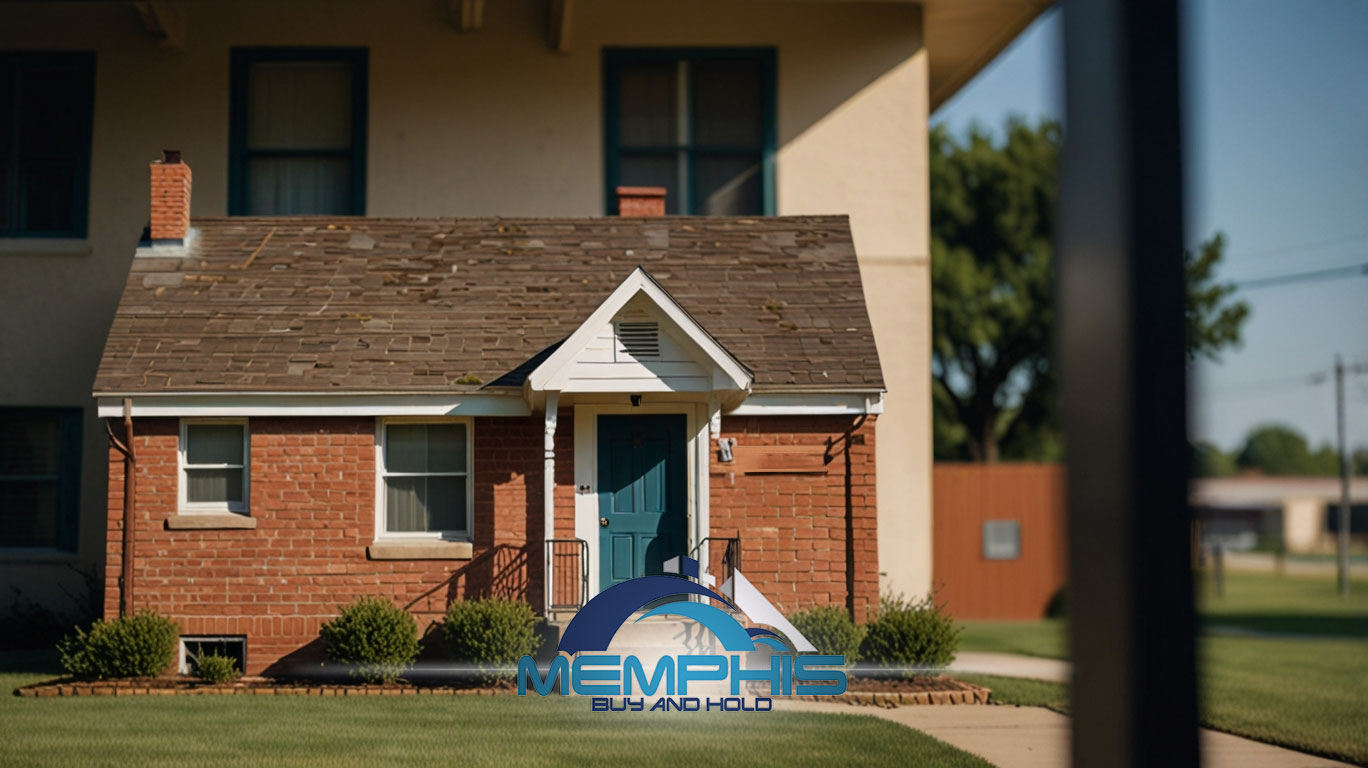
As a landlord in the United States, managing security deposits is a crucial aspect of your responsibilities. These funds act as a safeguard against potential damages and unpaid rent, offering peace of mind while you navigate the complexities of tenant relationships. However, the laws governing security deposits can vary significantly across states and even cities. This guide aims to provide a comprehensive overview of security deposits in the U.S., with a specific focus on Memphis, Tennessee.
1. Understanding Security Deposits
A security deposit is a sum of money a tenant pays to a landlord prior to moving into a rental property. This deposit serves multiple purposes:
- Protection Against Damages: It covers repair costs for any damages caused by the tenant beyond normal wear and tear.
- Unpaid Rent: If a tenant fails to pay rent, the landlord can use the deposit to cover outstanding amounts.
- Compliance with Lease Terms: It ensures the tenant abides by the terms outlined in the lease agreement.
2. Security Deposit Limits in Tennessee
In Tennessee, the law specifies the maximum amount a landlord can charge as a security deposit. Generally, this limit is equivalent to one month’s rent. However, landlords should clearly outline the amount in the lease agreement to avoid any confusion.
3. Collecting Security Deposits
When collecting a security deposit, landlords should adhere to best practices:
- Written Agreement: Ensure that the lease agreement specifies the security deposit amount, conditions for its return, and any deductions that may be applied.
- Receipts: Always provide a receipt for the security deposit, detailing the amount and the purpose of the deposit. This creates a paper trail and enhances transparency.
4. Holding and Managing Security Deposits
In Memphis, as in many places across the U.S., landlords are not required by law to place security deposits in a separate trust account. However, it’s a good practice to do so to ensure the funds are available for return when the tenant vacates. If you choose not to hold the deposit in a separate account, keep thorough records of how the deposit is managed.
5. Returning Security Deposits
Tennessee law requires landlords to return security deposits within 30 days of the tenant moving out, along with an itemized list of any deductions. Failure to comply can result in legal repercussions, including potential lawsuits from tenants. Here’s how to handle the return process:
- Conduct a Move-Out Inspection: Before the tenant vacates, perform a thorough inspection of the property to assess any damages. Document the condition of the property with photographs to justify any deductions.
- Itemized List of Deductions: If deductions are necessary, provide an itemized list explaining each charge, along with receipts or estimates for repairs. Transparency is key to maintaining a good landlord-tenant relationship.
- Timely Refund: Ensure that the security deposit is returned within the stipulated 30-day period to avoid penalties.
6. Common Reasons for Deductions
While landlords have the right to deduct from the security deposit for damages or unpaid rent, it’s essential to know what constitutes a legitimate deduction. Common reasons for withholding security deposits include:
- Excessive Cleaning Fees: If the property is left in an unclean state, reasonable cleaning costs can be deducted.
- Repairs for Damages: Deductions can cover costs for any damage beyond normal wear and tear, such as broken windows, holes in walls, or damaged flooring.
- Unpaid Rent or Fees: Any unpaid rent or lease violations can be deducted from the deposit.
7. Legal Considerations in Memphis
Landlords in Memphis must also be aware of local regulations that may affect security deposits. The Tennessee Fair Housing Act and local ordinances may impose additional requirements. It’s crucial to stay updated on local laws to ensure compliance.
8. Best Practices for Landlords
To manage security deposits effectively, landlords should consider these best practices:
-
- Communicate Clearly: Maintain open lines of communication with tenants regarding expectations and responsibilities related to the security deposit.
- Document Everything: Keep detailed records of the condition of the property, tenant communications, and financial transactions related to the security deposit.
- Know the Law: Stay informed about state and local laws governing security deposits to ensure compliance and avoid legal disputes.
Managing security deposits can be straightforward when landlords understand the regulations and best practices involved. By adhering to the laws in Tennessee and Memphis, maintaining clear communication with tenants, and ensuring transparency in financial transactions, landlords can protect their investments while fostering positive relationships with their tenants. A well-handled security deposit process not only protects your property but also builds trust, setting the stage for a smooth landlord-tenant experience.
Discover more from Memphis Buy And Hold
Subscribe to get the latest posts sent to your email.


